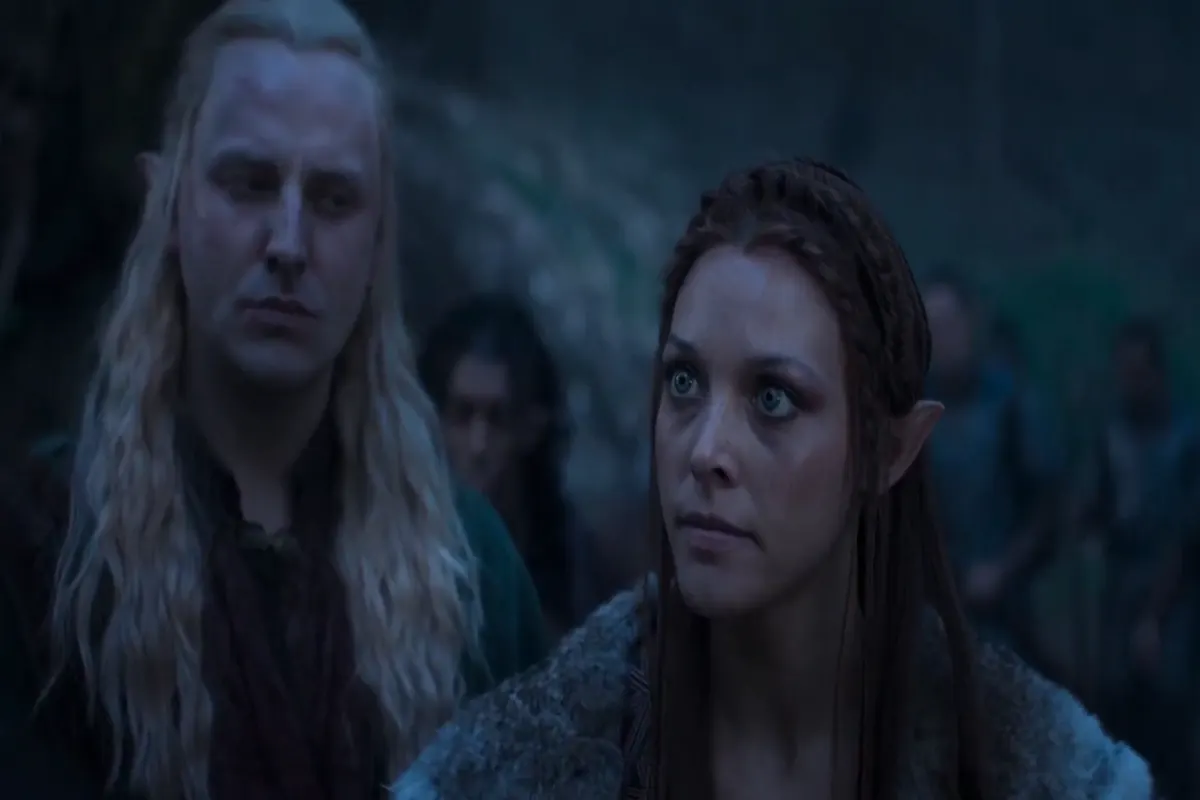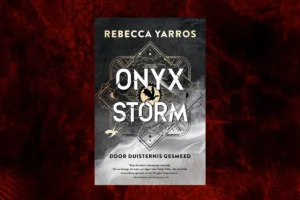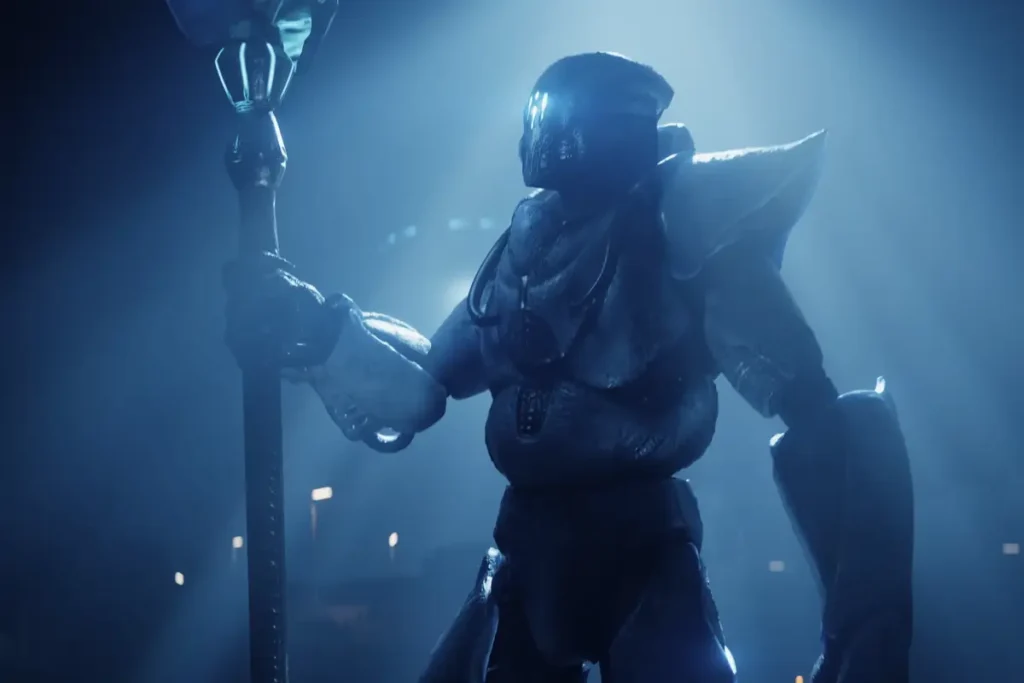Summary:
- Francesca Findabair, Queen of the Free Elves, has been absent from The Witcher game series despite her significance in the books.
- The Witcher 4 offers an opportunity to delve into Francesca’s story, addressing gaps in the narrative.
- Her inclusion could explore the political dynamics of the Aen Seidhe and the Lodge of Sorceresses.
- Francesca’s unique background could enrich the game’s storytelling and world-building.
The anticipation for The Witcher 4 has been immense, largely fueled by the legacy of The Witcher 3: Wild Hunt. With the new installment, tentatively titled Project Polaris, in full production and a remake of The Witcher 1 also in the works, fans have high hopes. Amid these developments, the potential to spotlight overlooked characters like Francesca Findabair, Queen of the Free Elves, could elevate the game’s narrative.
Francesca Findabair’s Importance in The Witcher Universe

Francesca Findabair Is Central to the Lore
In Andrzej Sapkowski’s novels, Francesca Findabair is depicted as the Queen of Dol Blathanna, a realm for the Aen Seidhe elves. Known as the “most beautiful woman in the world,” Francesca’s intelligence, magical prowess, and political acumen set her apart. She plays a crucial role as a former member of the Lodge of Sorceresses, a secretive group of powerful mages.
While most of the Lodge members appear in The Witcher games, Francesca is notably absent. The Witcher 3 mentions her as still ruling Dol Blathanna, yet she does not participate in pivotal events, such as the battle against the Wild Hunt. Her omission feels stark, especially given the presence of less significant characters from the Lodge, like Ida Emean.
A Missing Perspective in the Games
Francesca’s absence from the game trilogy leaves a gap in exploring the dynamics between the Aen Seidhe (elves who remained on the Continent) and the Aen Elle (elves who departed to another world). As Queen of the Aen Seidhe, Francesca could have provided critical insights into the cultural and ideological divide between these groups, particularly during the events involving Eredin and the Wild Hunt.
Her role as a political leader balancing compassion and pragmatism also remains untapped. A memorable example from the books is when Francesca denounces the Scoia’tael guerrillas to establish her kingdom. Despite the betrayal, she seeks Filavandrel’s forgiveness—a complex decision that highlights her depth as a leader.
READ MORE: Clint Eastwood’s Juror No. 2: Streaming Premiere Date Revealed
Why The Witcher 4 Needs Francesca Findabair

Exploring the Lodge of Sorceresses’ Fall
One of the most compelling reasons to feature Francesca in The Witcher 4 is to address the unexplored fall of the Lodge of Sorceresses. By the end of the books, the Lodge is still active, yet by the time of the games, its power has waned significantly. Francesca, who escaped the fate of many imprisoned Lodge members, could provide valuable context, bridging the gap between the books and games.
If The Witcher 4 is a prequel set between the books and the first game, Francesca’s involvement could allow players to witness the Lodge’s decline firsthand. Alternatively, if the game is a sequel to The Witcher 3, her political maneuvering in Dol Blathanna could offer a window into the elven struggle in a post-Wild Hunt world.
Enriching the Game’s World-Building
Including Francesca in The Witcher 4 could unlock new areas for exploration, such as Dol Blathanna. This elven kingdom, often referenced in the games, is ripe for detailed storytelling. Francesca’s dual role as a sorceress and queen makes her a versatile character who can enrich both the political and magical dimensions of the game.
Furthermore, her inclusion would resonate with fans of the books, who have long appreciated her complexity. For players new to the series, Francesca could serve as a fresh, intriguing character who embodies the overarching themes of loss, resilience, and the struggle for identity.
Transitioning Away From Geralt’s Story
As The Witcher series moves beyond Geralt’s narrative, Francesca offers a connection to the original lore without being tied to the previous game’s protagonist. She represents a broader aspect of the world’s history and politics, making her an ideal figure for advancing the franchise while honoring its roots.
READ MORE: Dragon Ball’s Original Movies Join Milestone Streaming Bundle
Francesca in The Witcher Adaptations: A Mixed Reception

Books vs. Netflix Adaptation
Francesca’s portrayal in Sapkowski’s novels emphasizes her intelligence and nuanced decision-making, particularly as a leader navigating the precarious position of elves in a human-dominated world. Her character arc explores themes of survival, compromise, and identity.
In contrast, the Netflix adaptation focuses heavily on her emotional responses, particularly her grief over her child’s death. While this adds dramatic weight, some fans feel it simplifies her character, reducing her to a figure driven by vengeance rather than political acumen. This divergence has sparked criticism, with many hoping future adaptations will align more closely with her book characterization.
Opportunities for Redemption in Gaming
The games have an opportunity to rectify these criticisms by presenting a balanced portrayal of Francesca. By emphasizing her intelligence, compassion, and leadership, The Witcher 4 could showcase her as a multifaceted character who embodies the complexities of elven struggles.
READ MORE: James Gunn Explains Peacemaker’s Place in DCU Canon
Francesca Findabair is a character brimming with potential, and The Witcher 4 could finally do justice to her story. Whether through exploring the fall of the Lodge of Sorceresses, delving into elven politics, or enriching the game’s world-building, her inclusion would be a significant step forward for the franchise.
Stay updated with the Latest News and Stories, follow us on our social media platforms.
You can follow us on:
Stay Connected!! Join our Whatsapp Channel
















